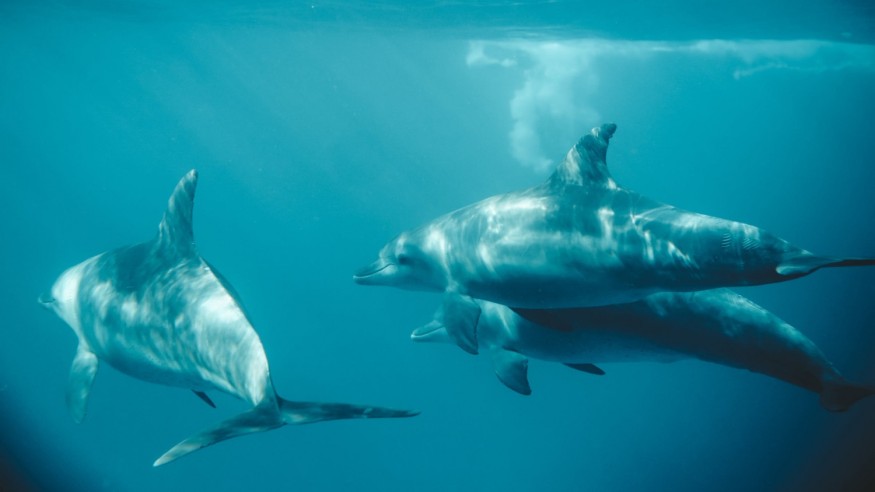
Dolphins and orcas, which are now considered as fully aquatic marine animals, could no longer back to living in a terrestrial ecosystem.
Scientists have found that once these mammals have turned to living an aquatic life, it is nearly impossible that they could live on land anew, according to a Live Science report.
A recent study indicated that the adaptations, which allowed these mammals to reside in waters, have passed an evolutionary threshold.
This then marked the point of no return to terrestrial living.
Findings of experts in line with Dollo's Law
The study, posted in The Royal Society Publishing, said the the researchers have found irreversible adaptations consistent with Dollo's Law "in lineages that rely strongly on aquatic environments."
French-born paleontologist Louis Dollo, the man behind the Dollo's Law, has believed in the biological principle stating that evolution is not reversible. This means that the structures or functions that manifested throughout the course of evolution do not reappear in the given line of organisms.
When it comes to marine mammals, experts have proven that evolution to aquatic environments occurred in several lineages, noting that the transitions to fully aquatic life were inferred to be irreversible.
"Aquatic adaptations in mammals independently evolved to different degrees in several lineages. Through the discretization of this spectrum of adaptation to aquatic environments we found that transitions between terrestrial and semi-aquatic lifestyles occurred multiple times in both directions, while these transitions become rarer and irreversible in more strictly water-adapted lineages," the study stated.
Meanwhile, the researchers also discovered that the transitions to aquatic environments could even lead to modifications of diet in tetrapods because of the differences in resource availability as well as in the metabolic requirements.
Doctoral student and lead of the study Bruna Farina explained that one of the main points of the research was to include the entire gradient of adaptations from fully terrestrial to fully aquatic forms.
"We found that it's possible to go from fully terrestrial to semiaquatic in [small steps], but there's an irreversible threshold for some aquatic adaptations," Farina said in the Live Science report, concluding the zero chance of whales and dolphins to come back and live on land.
Read Also : Radical Evolution Isn't as Random as You'd Think
Tetrapods
According to Verve Times, the transitions to aquatic environments will include multiple changes in the animals, including increased body mass that will retain heat in colder waters and a carnivorous diet to support their metabolisms.
This kind of adaptations could make it challenging for fully aquatic animals to compete against terrestrial life forms.
The report also recalled the first species of fish that were able to leave the water and transfer on land occurred between 350 and 400 million years ago.
They were described as having primitive limbs that helped and allowed them to move on lands. These species are the tetrapods that we see at present.
Tetrapods are described as all land-living vertebrates, such as frogs, turtles, hawks, and lions.
This group also includes a number of animals that have returned to life in the water, including sea turtles, sea snakes, whales and dolphins, seals and sea lions, as well as those considered as extinct such as plesiosaurs, ichthyosaurs, and mosasaurs.
Related Article : Increasing Marine Species Find Equator to be Unlivable 'Death Traps'
© 2026 NatureWorldNews.com All rights reserved. Do not reproduce without permission.





